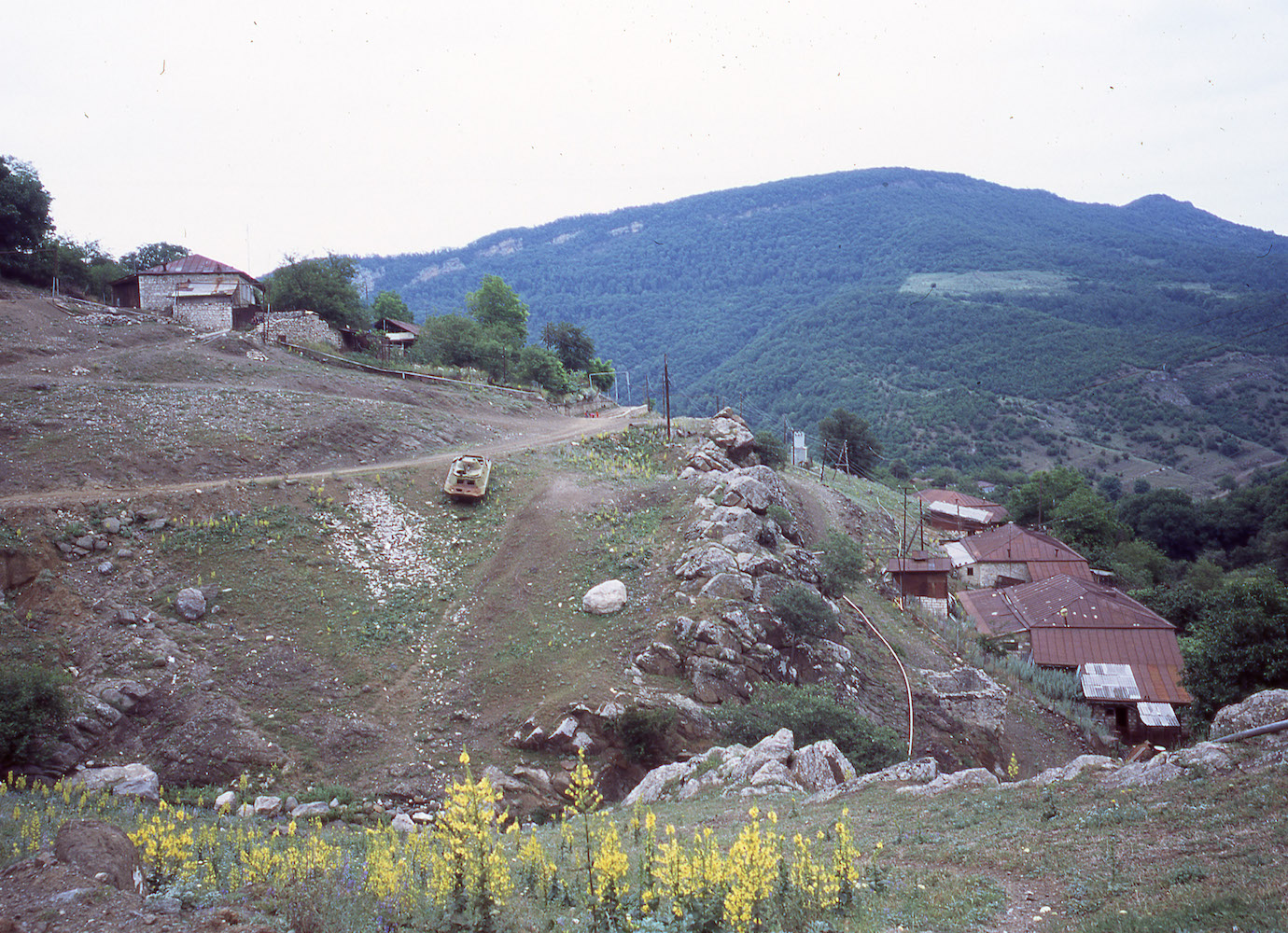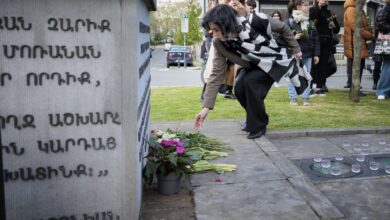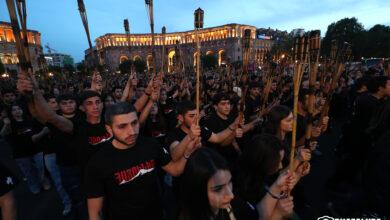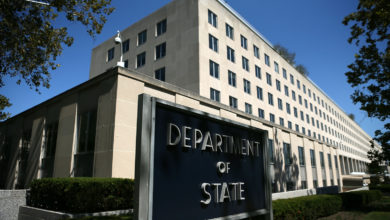
The Berlin International Film Festival has defended its screening of film on the Nagorno-Karabakh conflict amid accusations of promoting “anti-Azerbaijani propaganda,” The Calvert Journal reports.
Directed by Ayreen Anastas and Rene Gabri, Black Bach Artsakh reflects on the decades-long conflict over Nagorno-Karabakh. Divided into 13 acts that echo the rhythm of Bach’s cantatas, the film interweaves essayistic landscape shots with a voiceover reflecting on the nature of war, identity, and belonging, as well as interviews with Armenian residents of the region in 2007.
The Berlinale’s description of the film sparked a fierce online backlash, with critics describing the screening as a “propaganda film” with “one-sided story telling”. The passage in question referred to the conflict in Nagorno-Karabakh in the 1990s as “a struggle for liberation and self-determination”, and called the recent 2020 war an “invasion by Azerbaijan’s dictator”.
But the festival rejected calls for the film to be excluded from the programme, instead releasing an official statement on 2 March, a day after the film premiered.
In it, they said that the initial description, written by the filmmakers themselves, would be replaced by text penned by organizers outlining why they considered the film to be relevant.
“We understand that the film Black Bach Artsakh touches upon complex issues and painful memories in the conflict between Azerbaijan and Armenia,” the statement said. “[But] silencing the voices of filmmakers is not the way forward.”
“We look forward to hosting a screening and panel discussion in the summer, where everyone will be welcome to engage in a constructive dialogue,” the statement added.
Following a largely peaceful 26 year-ceasefire, fighting in the Nagorno-Karabakh area most recently broke out in September 2020, continuing until a Russia-brokered deal came into force on 10 November 2020. The agreement determined that Armenia must withdraw from several territories within Nagorno-Karabakh, which are now under Azerbaijani control. The conflict left thousands dead and tens of thousands more displaced.








